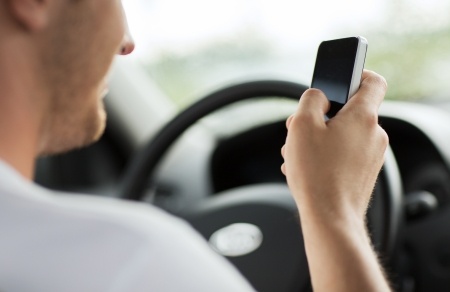Texting Ban for Teen Drivers
Texting bans for teen drivers have been shown to reduce distracted driving and potentially save lives. Research indicates that implementing such bans can lead to a decrease in car accident fatalities among teenage drivers. According to a study published in the American Journal of Public Health, states with texting laws in place experienced a 2.3 percent drop in overall car accident fatalities for drivers of all ages. Moreover, the bans were most effective when officers were permitted to enforce the law proactively, leading to a 3 percent reduction in traffic fatalities. This data suggests that texting bans can promote road safety and safeguard teen drivers from distracted driving.
Texting Ban Law
Research has shown that texting bans can decrease car accident fatalities among drivers of all ages. Proactive enforcement of these laws is particularly effective in reducing traffic fatalities. With the success of texting bans for teen drivers and the recent Hands-Free Law in Tennessee, it’s clear that addressing distracted driving through legislation is crucial. Full implementation of texting bans nationwide could significantly promote road safety and prevent accidents caused by texting and driving.
The Hands-Free Law, also known as the Hands-Free Act, which aims to reduce distracted driving by prohibiting handheld electronic devices. This law makes it illegal for drivers to hold a phone or other electronic devices to make a call, use any app, or read or write a text while their vehicle is in motion. The law allows for using hands-free technology, such as Bluetooth or voice-command features, to make calls or send messages while driving. Implementing this law is part of ongoing efforts to improve road safety and reduce the number of accidents caused by distracted driving in Tennessee.
All states’ texting bans aim to reduce distracted driving by prohibiting drivers from texting while their vehicle is in motion. It makes it illegal for drivers to hold a phone or other electronic devices to make a call, use any app, or read or write a text while driving. The ban allows for using hands-free technology, such as Bluetooth or voice-command features, to make calls or send messages while driving. Proactive enforcement of these laws is particularly effective in reducing traffic fatalities.
The Problem Remains
Even though these bans show that progress is possible, Queener Law understands that no amount of distracted driving is acceptable. Until texting while driving is completely eradicated, accidents such as those seen in McMinn County, Tennessee, will continue to occur. NBC affiliate WRCBtv Chattanooga reports that a 17-year-old boy was allegedly texting as he drove on State Route 39. He drifted into the oncoming lane, occupied by a McMinn County deputy, and failed to notice because he was engrossed with his phone. The two vehicles crashed head-on with enough force to push the deputy’s vehicle back nearly 10 feet. The deputy suffered broken ribs and damage to one of his ankles.
Dangerous accidents will likely continue to occur until drivers learn to focus on driving. Those who have been injured in an accident caused by a distracted driver should contact Henry Queener for assistance with seeking compensation for their injuries.

